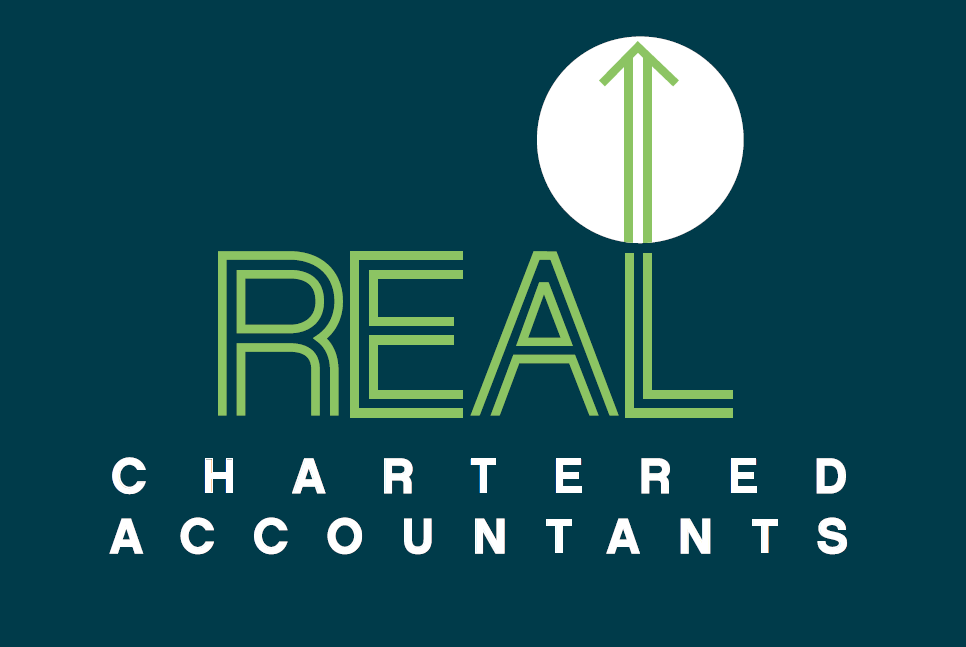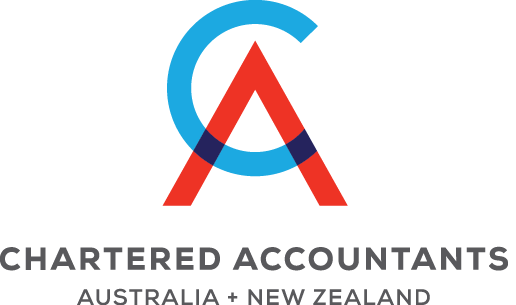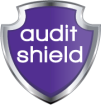NEWS
IRD Reporting Requirements for Trusts

CRS and FATCA Compliance for 30 June 2019
If you have come across the acronyms CRS and FATCA, possibly from correspondence from banks and investment advisors and have no idea what this means, this blog will hopefully demystify it for you.
What is FATCA and how did it come about?
FATCA stands for Foreign Account Tax Compliance Act. United States (US) citizens, residents and entities are taxed on their worldwide income. To counter tax evasion by US citizens, residents and entities, the USA unilaterally imposed reporting obligations on other jurisdictions including New Zealand.You may be asking “why can’t we tell them to bugger off?” well, if we don’t comply the US will subject 30% withholding tax on payments of interest and fees from US borrowers, repayments of principal amounts by US borrowers, returns from US investments and proceeds from disposal of US property that can produce interest and dividends. This withholding tax would apply regardless of entitlement to treaty relief. Due to the size of the US economy, telling the US government to bugger off is not an option.
To facilitate FATCA compliance NZ entered into an Intergovernmental Agreement (IGA) with the US, without this agreement foreign financial institutions would be required to report directly to the US Treasury. This agreement simplifies our FATCA obligations.
What is CRS?
CRS stands for Common Reporting Standards. CRS is an OECD initiative to combat global tax evasion by sharing information about the financial accounts of foreign tax residents with the international jurisdictions New Zealand has agreements with.
Is my Trust caught under these reporting requirements?
All NZ entities have a classification, so this is the first thing we need to work out.
NZ entities fall into one of the following classifications:
- NZ Financial Institutions (NZFIs) also known as Foreign Financial Institutions (FFIs)
- Non-Financial Foreign Entities (NFFEs) also known as NFEs
NFFEs or (NFEs) are further categorized into Active NFFEs or Passive NFFEs
NZFIs have reporting obligations unless they are Non-Reporting FIs
NFFEs have no reporting obligations but may be required to provide FATCA information to other financial institutions.
Is my Trust a Non-Financial Entity (NFE or NFFE)?
A NFFE is an entity that is not a financial institution. There are 2 types of NFFEs – Active and Passive.
An Active NFFE is when less than 50% of gross income is passive income (interest, dividends, royalties) and less than 50% of the assets are for the production of passive income. Active NFEs include accounting and legal practices because more than 50% of gross income is from service provision.
Passive NFFEs are any NFFEs that are not active, they have no reporting obligations but may be required to provide FATCA information to a financial institution when requested where there is a US controlling person (Trustee, Settlor, potentially a beneficiary) in the passive NFE.
Is my Trust a Financial Institution (FI)?
There are 4 categories of NZ financial institutions, they are:
- Custodial institution – holds financial assets for the account of others
- Depository Institution – accepts deposits in banking or similar business such as banks
- Investment Entity – this is where your trust can get captured – so we will look more into this
- Specified insurance company
Investment entities are any entities conducting a business of trading money market instruments, individual and collective portfolio management or investing, administering or managing funds on behalf of other persons. An investment advisor (such as Craig’s Investment partners or Forsyth Barr) would be an investment entity.
A trust may be a “managed” investment entity FI if the trust derives more than 50% of income from investing, re-investing or trading in financial assets (e.g. shares, bonds) AND the trust is managed by a FI. So, if your trust has a managed investment portfolio and earns more than 50% of it’s income from the trust. You may find that your trust is an FI.
Trust as Investment Entity Financial Institution (FI) Examples:
Example 1:
Smith Trust has shares, family home and a rental property. The Trust is not in business and more than 50% of its income comes from rental income.
Answer: No, this Trust derives most of its income from rental property – a non-financial institution so is a passive NFFE.
Example 2:
Smith Trust has a share portfolio, family home and a rental property. More than 50% of the Trust’s income comes from a share portfolio which is managed by a fund manager that has the authority to manage the share portfolio.
Answer: Yes, the Trust is a FI
Example 3:
Smith Trust has shares and bonds, Trustees are Mr. and Mrs. Smith, the management of Trust’s assets has not been outsourced. Mr. and Mrs. Smith manage all the assets themselves.
Answer: No, the trust is a Passive NFE
Trusts as Investment Entity Financial Institution
A Trust will be a New Zealand Financial Institution (NZFI) if one or more Trustees are tax resident in NZ or managed by branch of a Trustee located in NZ. A Trust is NOT a NZ resident if it is resident in another jurisdiction that complies with FATCA and reports FATCA information in the other jurisdiction.
Reporting New Zealand Financial Institutions (NZFI)
A Trust is a reporting NZFI unless it is a non-reporting FI. To be a non-reporting FI a Trustee needs to agree to perform CRS due diligence and collect and report the information on the Trust’s behalf.
CRS Reporting Obligations
- Due diligence – identify financial accounts the Trust maintains that are held or controlled by foreign tax residents
- Information collection – prescribed identity and financial account information relating to foreign tax residents and controlling persons
- Reporting – annually report prescribed information about their accounts to IRD
Prescribed information includes identity information – name, address, date of birth, foreign tax identification number (TIN), place of foreign residence
Financial information includes account balances, types of payments or credits to the account.
This information needs to be reported to the IRD by 30 June, if there are no foreign tax resident account holders or controlling persons – there are no requirements to report to IRD.
Summary
So basically, if your Trust derives over half its income from a managed fund, it is likely going to be a Reporting Investment Entity Financial Institution. If there is a foreign tax resident account holder or controlling person/s, there will be a requirement to report to the IRD. If there is no foreign tax resident account holder or controlling person/s, there will be nothing to report to the IRD.
Please feel free to contact us if you would like further information.
Below are some links to further information:
https://www.classic.ird.govt.nz/resources/7/8/78044038-2199-4980-9b24-27af1e681ab9/ir1052.pdf
Disclaimer
This information is intended to provide general advice only. We recommend you discuss your specific situation with your Accountant.





